Yerevan/Mediamax/. Over 1 000 Armenians in four cities in the Diaspora took part in a first ever survey aimed to provide a snapshot of the contemporary Diaspora.
The Armenian Diaspora Survey (ADS) is a new initiative launched and funded by the Armenian Communities Department of the Calouste Gulbenkian Foundation and carried out under the auspices of the Armenian Institute in London.
The survey, a pilot phase of an ongoing larger project, was led by a team of academics, researchers and experts.
“We have initiated this study to fill a critical gap in our knowledge of the Diaspora, to have evidence-based understanding of the multilayered and diverse aspects of diasporic life in our times,” said Dr. Razmik Panossian, Director of Gulbenkian Foundation’s Armenian Communities Department.
In May and June 2018 four teams conducted the survey and interviews in Boston, Cairo, Marseille and Pasadena.
“We asked people about their thoughts on identity and related issues of belonging as Armenians and as citizens of different states,” explained Dr. Susan Pattie, who led the pilot project.
An international advisory committee, a dedicated team and 12 field work researchers were involved in the project, which took about 18 months to develop the methodology, research tools, fieldwork preparations, survey administration and data processing.
Some initial findings stand out in the first stage of the research.
The overwhelming majority of the respondents consider the continuation of the Armenian diaspora as important and meaningful space – 94% marked as “fairly” to “very” important.
84% of respondents felt it was important to help diaspora communities in the Middle East.
“This is significant as traditionally the Genocide and the Republic of Armenia have been the focus of funding, study or discourse in the Diaspora,” said ADS.
Armenia is “fairly” and “very” important to 90% of respondents and 75% have visited the country at least once, while 93% intend to visit.
Respondents said that Armenian language, history and religion were important to themselves and to Armenian identity generally.
“Even as ADS respondents in the four cities seem to be more active than perhaps a broader population of Armenians, 73% claimed no active affiliation with any Armenian political organization. However a majority said they were active in other Armenian organizations such as the AGBU, Hamazkain and others,” added ADS.
While only 14-16% of the surveyed attended church weekly or monthly, 70% felt it is important to be married in an Armenian church.
The results of the pilot survey are being studies and analyzed, which will be shared with the public.
The survey will continue in 2019 with a new set of selected cities.
















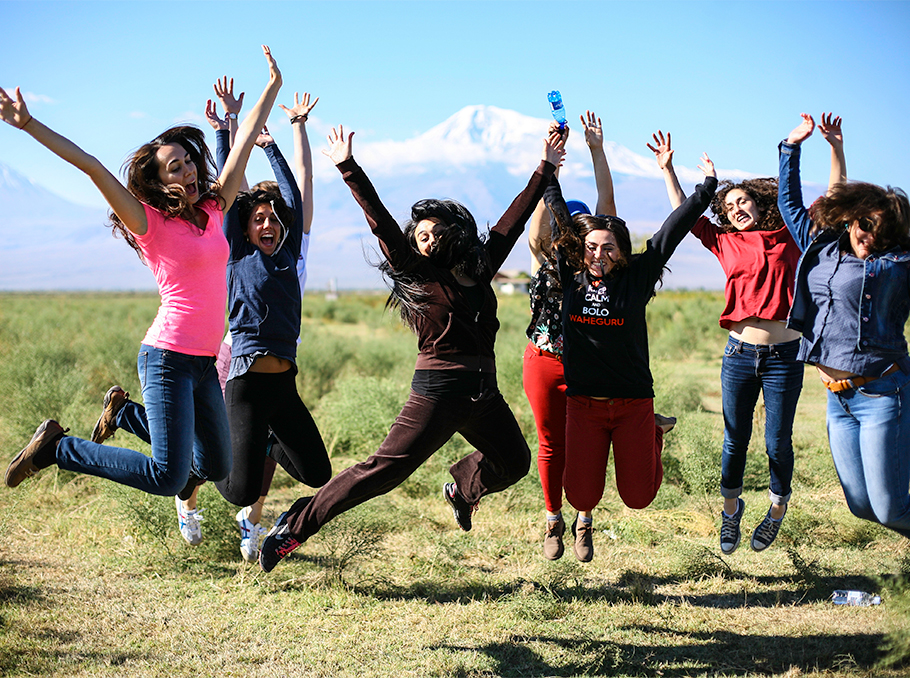

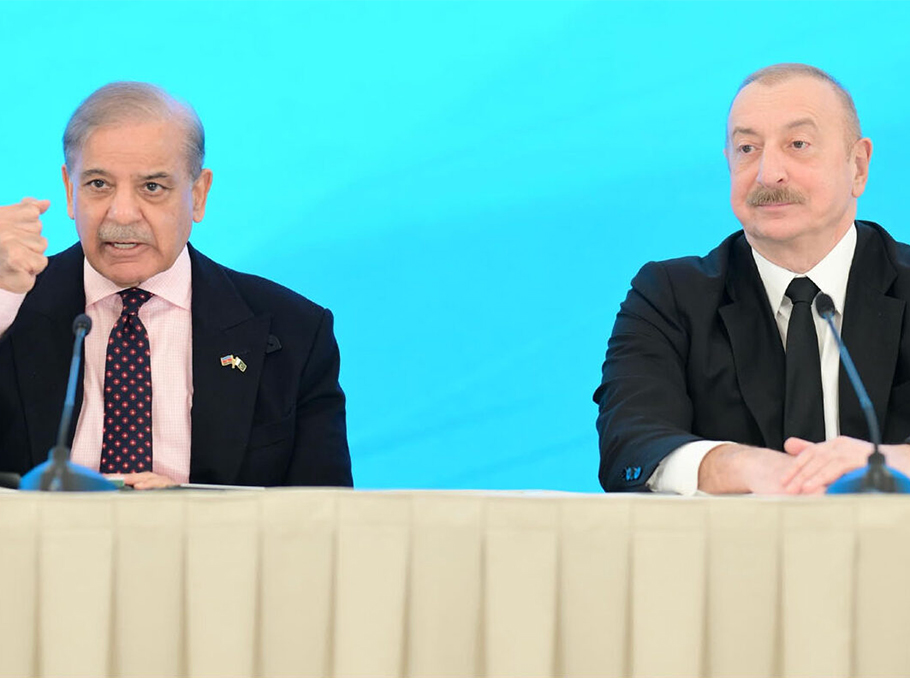
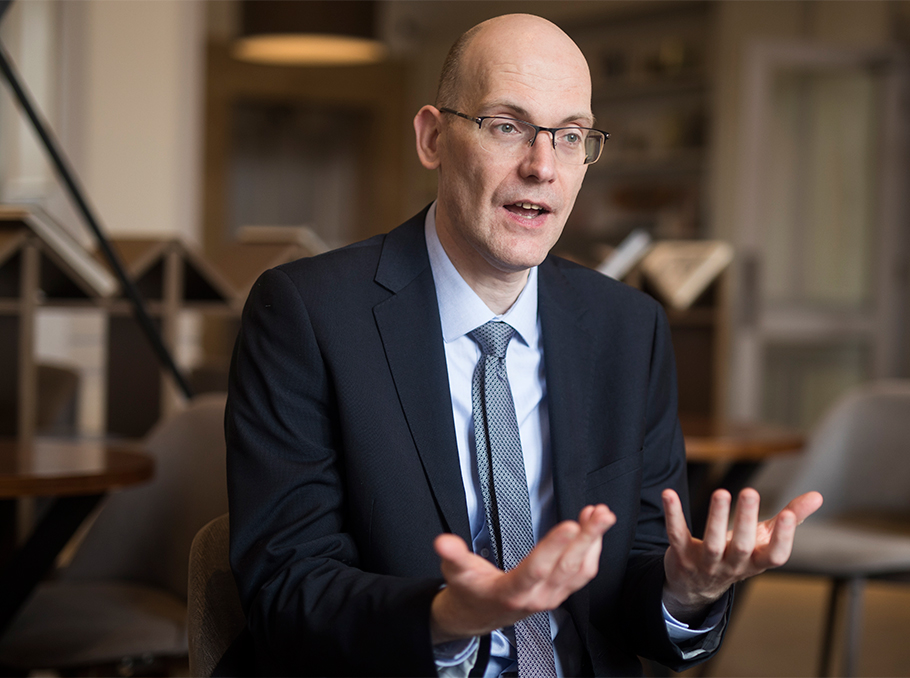
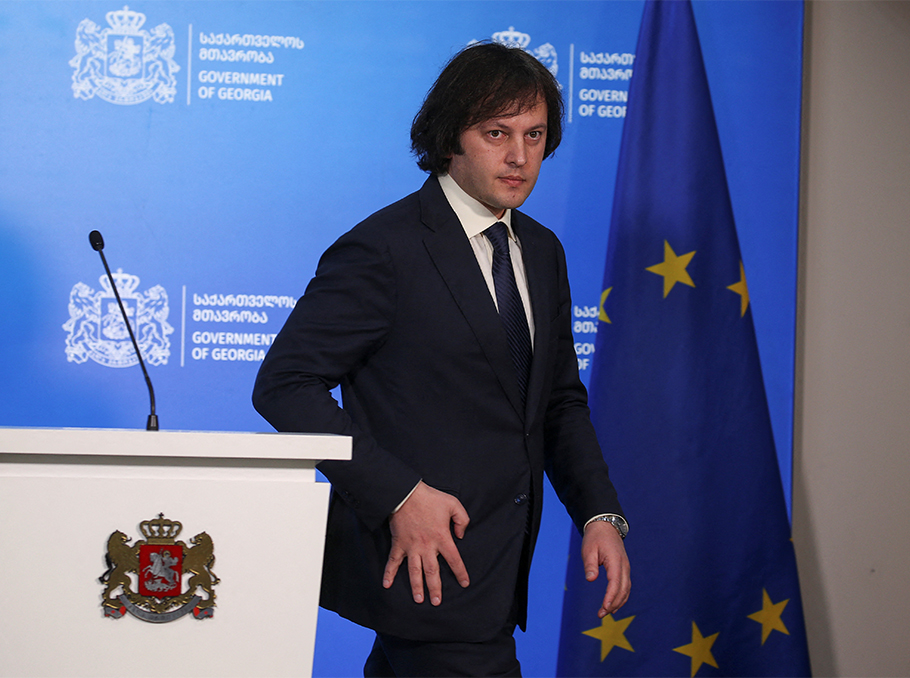



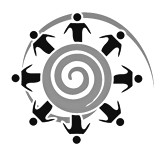



Comments
Dear visitors, You can place your opinion on the material using your Facebook account. Please, be polite and follow our simple rules: you are not allowed to make off - topic comments, place advertisements, use abusive and filthy language. The editorial staff reserves the right to moderate and delete comments in case of breach of the rules.